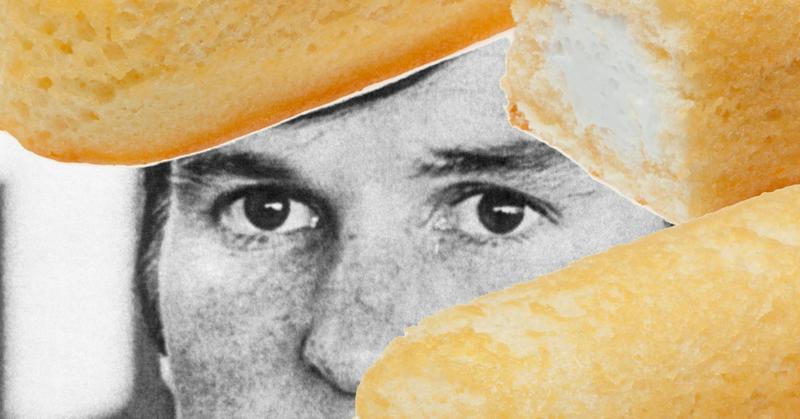The Twinkie Defense Myth: How Dan White, Harvey Milk's Murderer, Got Off Easy
By | November 26, 2019

Can a diet of Twinkies lead to murder? If you buy the "Twinkie defense" that Dan White's murder trial made famous, then the answer is a firm maybe. On November 27, 1978, White killed the progressive San Francisco mayor George Moscone and the gay San Francisco supervisor Harvey Milk. His guilt was not in question, but this was a capital case, which put the defense in a bit of a bind in determining how to defend White, inevitably using a "diminished capacity" defense.
Dan White, The Murderer

Many people have not heard of Dan White, the conservative former San Francisco supervisor, nor do they know that he was convicted of involuntary manslaughter, a significantly lighter sentence than he should have received for the murder of two politicians. But because of his trial, the term that was coined for his defense, the “Twinkie defense,” appears in law dictionaries and sociology textbooks.
A Premeditated Crime

Dan White had resigned from his job as supervisor to pursue a private business enterprise, but wanted his old job back when his business venture failed. White, with the support of the police and firefighters, asked Moscone for his job back five days after resigning, but White had already been replaced by a more liberal Supervisor recommended by Milk. White climbed through a window with a loaded gun to avoid the metal detectors and then reloaded it after shooting Moscone.
Defending A Murderer

Twinkies were mentioned only in passing, and while junk food was a part of the defense, it was quite insignificant. Martin Blinder, one of five therapists who testified for the defense was the only one who discussed the role that Twinkies had in the murder. The crux of the defense was that White suffered from depression, and that, coupled with a rigid personality, helped to lead to his unravelling. Blinder argued that bipolar mood swings can be affected by the things you eat. According to Blinder, in the days leading up to the murders, White’s behavior changed and he stopped following his normal healthy diet, instead eating Twinkies and drinking Coke. This led to more depression; the Twinkies did not cause him to kill, but were a symptom of his depression.
White Gets Off Easy For Murder

In the closing argument, Schmidt, the defense attorney stated that White was guilty, but stated that he had diminished capacity and lacked judgment. However, the evidence clearly points to the fact that the murder was premeditated. The jury deliberated for days because this was a death penalty case. Eventually, aware of the idea of reasonable doubt, they decided to find him guilty of the lesser charge, voluntary manslaughter.
Dan White was sentenced to less than eight years and would only serve five years, one month, and nine days. After his release in 1983, he committed suicide by carbon monoxide inhalation two years later.
After The Verdict

Paul Krassner, a satirist, may have been responsible for coining the phrase “the Twinkie defense,” and Newsweek began to spread it. Eventually, the legislature took up the question of diminished capacity which seemed to have become synonymous with the Twinkie defense, abolishing it. The term itself has become slang to refer to a crime that a person commits under the influence but can also be used to refer to an improbable legal defense.
In 2018, Blinder, who had provided the expert testimony in the trial, was attacked and stabbed, presumably by his ex-wife, Dorothy Braco, who then washed up dead. They had gotten divorced in 1976, and Braco had claimed that Blinder was renting out his home to be used in pornographic films.
The Trial Inspires The Dead Kennedys

The Dead Kennedys did a cover of “I Fought the Law," with much of the lyrics rewritten so that it was from Dan White’s point of view. One of the lines was “Twinkies are the best friend I ever had,” and the song’s chorus changed to “I fought the law and I won.” The final line in the final chorus became “I am the law, and I won.”
